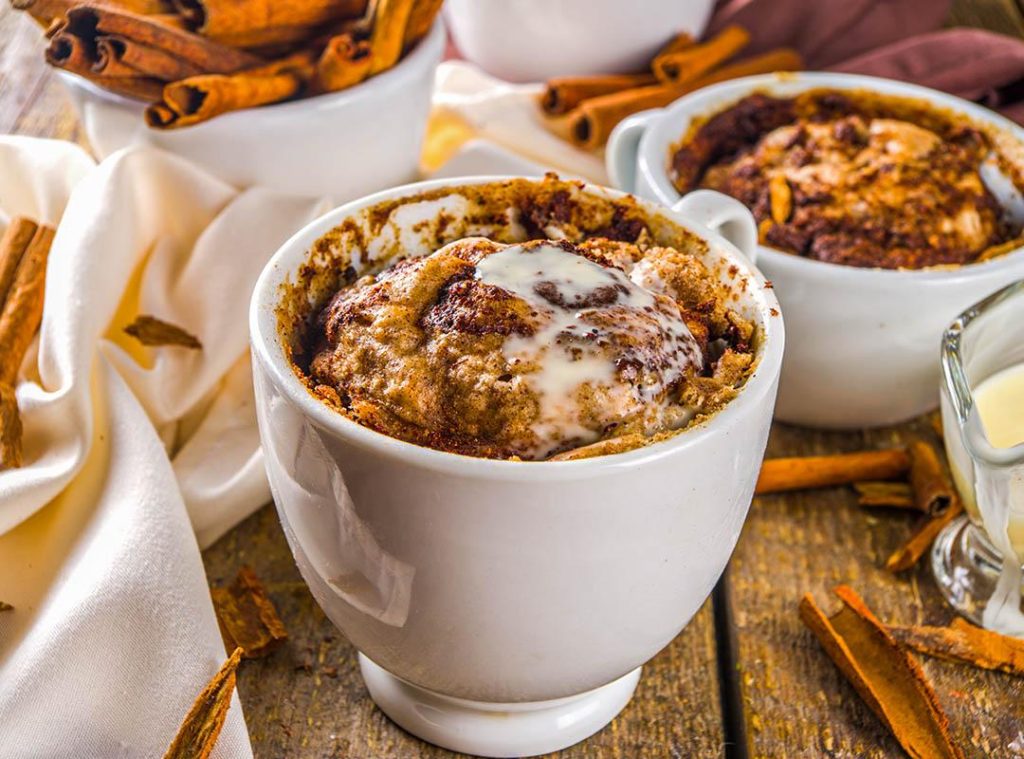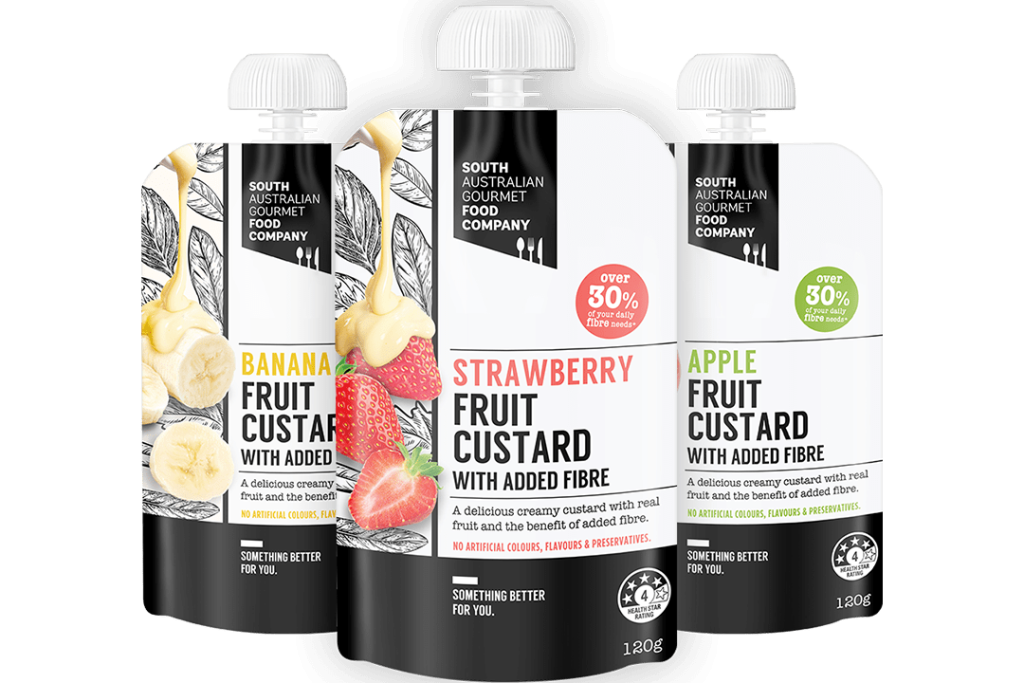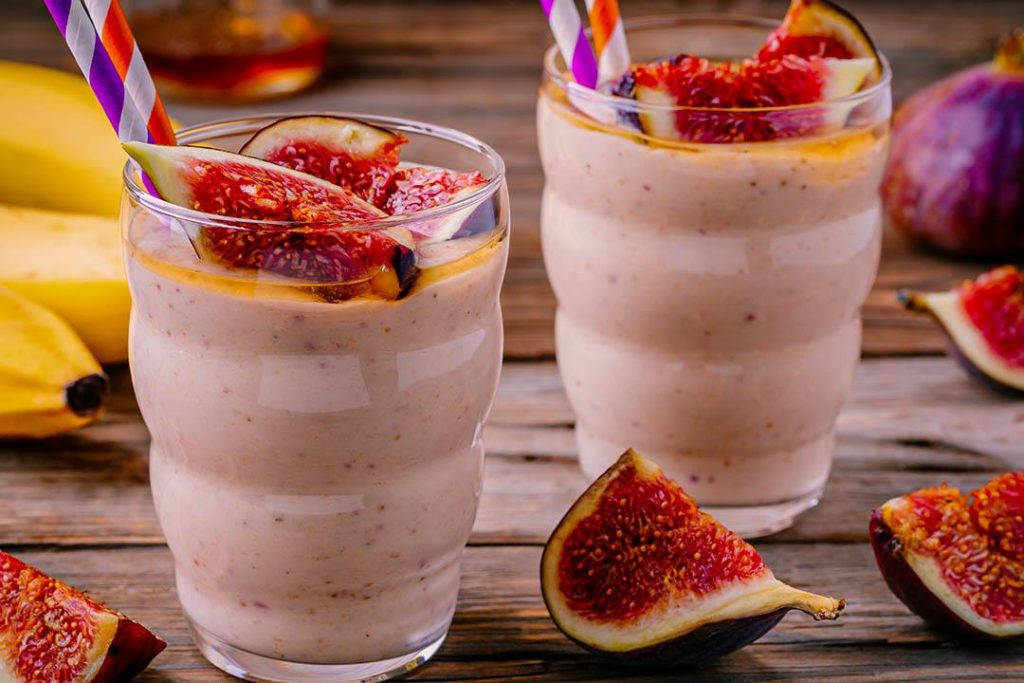
15 Jul The benefits of Inulin – a healthful prebiotic
If you’ve enjoyed a delicious South Australian Gourmet Food Company Fruit Custard with added fibre you may have noticed the word inulin in the ingredients. This is the dietary fibre selected to provide you with 10.9g of fibre per serve. Inulin is a type of soluble fibre which helps to increase the bulk of your stool and make it more comfortable to pass. The health benefits inulin provides your body do not end there…
Promoting growth of good bacteria
Inulin has been shown to promote a type of good bacteria strain that is known as bifidobacterial. This bacteria eats the inulin which is a prebiotic or food for this type of bacteria. They produce signals in the form of short-chain fatty acids that support your entire body’s health.
No effects on blood sugar levels
Inulin is great for anyone wanting sustained energy release and healthy levels of sugar and insulin release after a meal. Insulin is the hormone that is released to take sugar out of your blood into your cells. Having too much insulin released over a long period can lead to insulin resistance and may lead to the development of type two diabetes.


Improved Enjoyment
Inulin improves how the food feels in your mouth as well as sweetness and flavour in low-fat foods.
Assists lowering ‘Bad’ Cholesterol
Inulin may help reduce a ‘bad’ type of cholesterol called triglycerides and total cholesterol.
Promotes calcium absorption
Including inulin in a milk-based meal or beverage may allow more calcium to be absorbed.
Optimise Your Immune System
Inulin may promote a better working immune system by acting as a prebiotic. It may also positively affect your gut mucosa, the part where the good bacteria receive their prebiotic food and fight off pathogens. Some research suggests that different types of fibre bind to specific parts of the cells of your immune system.
Inulin is a type of soluble fiber found in many plants. Inulin is also fructan. Like other fructans, it is a prebiotic, meaning that it feeds the good bacteria in the gut. Fructans are chains of fructose molecules. The molecules link together in a way that the small intestine cannot break down. Instead, they travel to the lower gut, where they feed beneficial gut bacteria. The gut bacteria convert inulin and other prebiotics into short-chain fatty acids, which nourish colon cells and provide various other health benefits.

Take home message: South Australian Gourmet Food Company have selected a great choice to use added fibre to make the fruit custards not only delicious but full of health benefits.
References:
- Kathy R. Niness, Inulin and Oligofructose: What Are They?, The Journal of Nutrition, Volume 129, Issue 7, July 1999, Pages 1402S–1406S
- Véronique Coxam, Current Data with Inulin-Type Fructans and Calcium, Targeting Bone Health in Adults, The Journal of Nutrition, Volume 137, Issue 11, November 2007, Pages 2527S–2533S
- Zhuang Guo, Xiao–Ming Liu, Qiu–Xiang Zhang, Feng-Wei Tian, Hao Zhang, Zhang He-Ping & Wei Chen (2012) Effects of inulin on the plasma lipid profile of normolipidemic and hyperlipidemic subjects: a meta-analysis of randomized controlled trials, Clinical Lipidology, 7:2, 215-222
